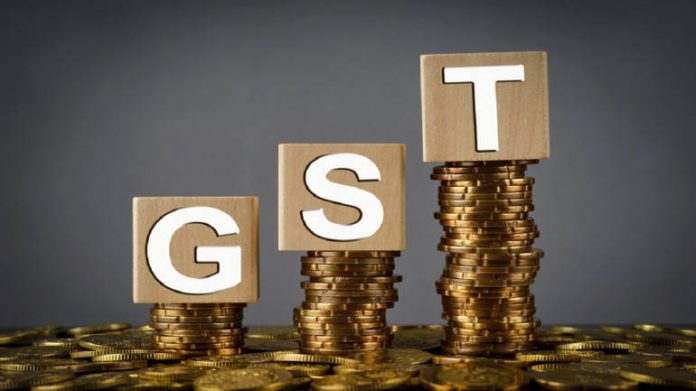The Goods and Services Tax (GST) Council on Saturday reduced the tax rates on several items, including an array of white goods and consumer articles, and extended big compliance relief to taxpayers with new simplified returns and quarterly returns filing facility for 93% of the businesses registered for the tax. The council’s move is expected to give a boost to consumption and thereby industrial production, analysts said, adding that any short-term adverse impact on revenue would be more than corrected soon as sales volumes rise. Finance minister Piyush Goyal said the latest decisions of the Centre-state council signaled greater importance given by the policymakers to job creation and economic growth over short-term revenue considerations.
Despite recent acceleration in collections, the GST collections are still far below the Centre’s budget estimates, while most states need compensation for revenue shortfalls. Revenue impact of Saturday’s rate cuts are seen at Rs 10,000 crore-12,000 crore per year. In line with the policy intent to limit the number of items under the top 28% GST slab to a minimal list of demerit goods, the council cut the GST applicable on refrigerators, washing machines, small TVs (up to 25 inch), vacuum cleaners, lithium ion batteries, a slew of domestic electrical appliances like mixers, grinders and hair dryers from 28% to 18%. Similarly, paints and varnishes, scents, perfumes, toilet preparations, etc, will also be taxed at 18% now. With these rate cuts, only about 30 items are under the 28% tax bracket now.
The council decided to implement the simplified GST return format Sahaj and Sugam without much delay and deferred reverse charge mechanism again to September 2019, steps that would make compliance easier and eventually expand the tax base. Accepting the recommendations of a group of state finance ministers (GoM), the council also refrained from imposing a tax system distorting ‘sugar cess’ to raise resources for supporting cane farmers. Instead, it announced a cut in the GST on ethanol for oil companies from 18% to 5%, a move that would help sugar companies and boost their ability to pay cane arrears to farmers. The hotel industry has got relief, as the peak GST rate of 28% would not apply if the actual tariff value is less than `7,500, even though the published tariff may be more than the threshold.
In a move that would help job creation, the labour-intensive textile industry has been allowed refund of untilised input tax credits arising out of the fibres being under a higher GST bracket of 12%, while fabrics, the value-added item, attracts 5%. Abhishek Jain, tax partner, EY India, said, “The 28th GST council meeting was quite positive with some very significant rate rationalisations; specific ones being GST exemption for sanitary napkins, deities of stone, marble, wood, rakhis without precious items, a 10 percentage point rate reduction for paints, varnishes, various domestic appliances like washing machines, TVs of small sizes, refrigerators, scent sprays and a 13 percentage point rate reduction for footwear priced between Rs 500 and Rs 1,000; this would bring lot of cheer to both end customers and industry players.” According to Jain, quarterly GST return filing for taxpayers having turnover up to Rs 5 crore would significantly ease the compliances for this segment.












